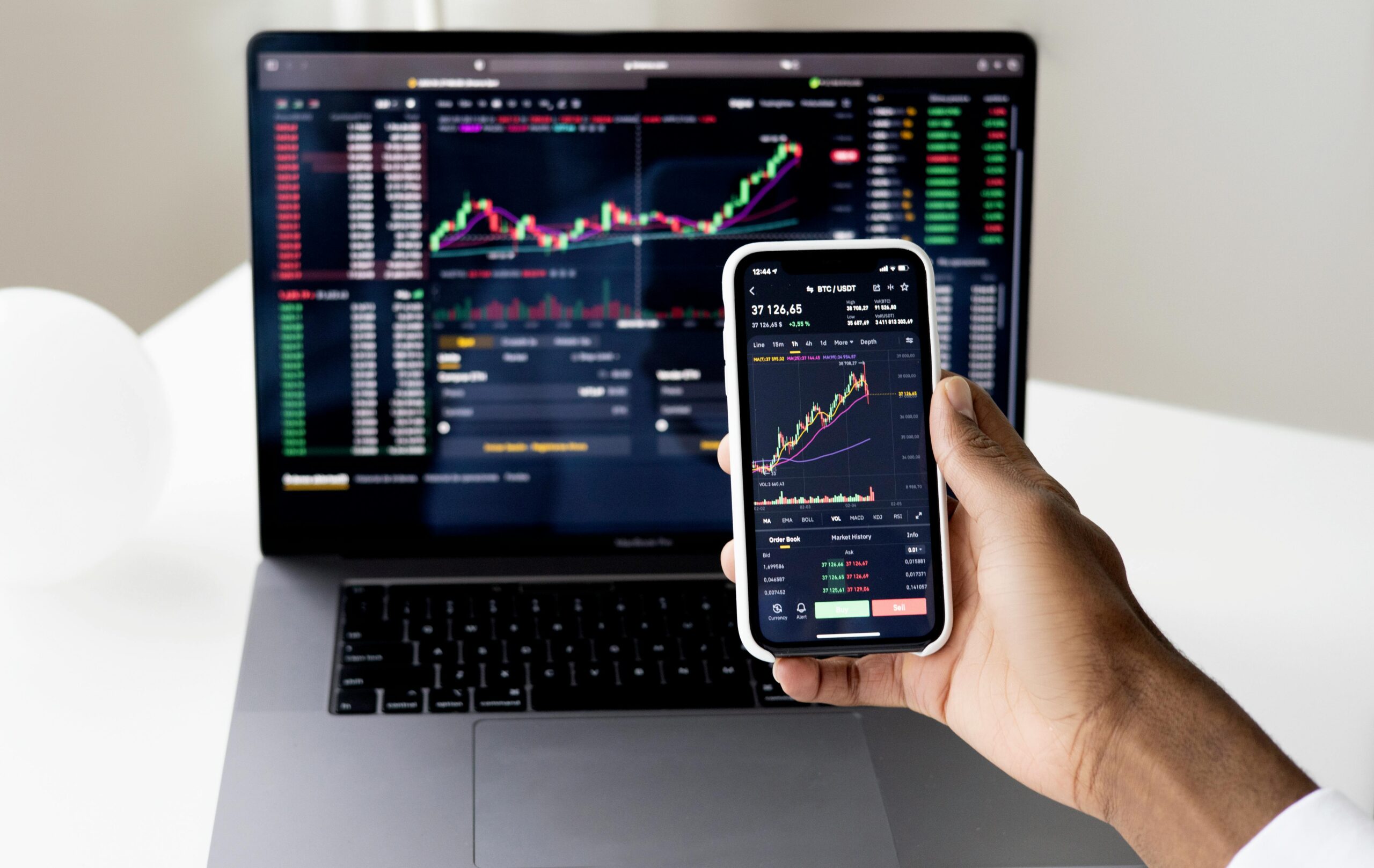The Role of Blockchain in Commodity Trading
Blockchain technology has revolutionized various sectors, and its impact on commodity trading is profound. This article explores how blockchain enhances transparency, efficiency, and security in commodity trading, paving the way for a more streamlined and reliable market.
Introduction to Blockchain Technology
Blockchain, at its core, is a decentralized digital ledger that records transactions across multiple computers. Originally developed for Bitcoin, it has evolved into a versatile technology with applications beyond cryptocurrency.
Blockchain’s ability to create a tamper-proof record of transactions in a decentralized manner makes it ideal for commodity trading. It ensures transparency by providing a shared, immutable ledger accessible to all participants.

Understanding Commodity Trading
Commodity trading involves the buying and selling of raw materials such as agricultural products, metals, and energy resources. It plays a crucial role in global economies, impacting industries and consumers worldwide.
Traditionally, commodity trading has been plagued by challenges such as manual processes, lack of transparency, and high transaction costs. These inefficiencies hinder market liquidity and increase risks for traders and investors.
Integration of Blockchain in Commodity Trading
Blockchain technology addresses these challenges by introducing transparency and automation. Smart contracts, self-executing contracts with predefined rules, enable automatic processing of transactions when predetermined conditions are met. This automation reduces reliance on intermediaries and minimizes the risk of fraud.
Moreover, blockchain enables real-time tracking and tracing of commodities throughout the supply chain. This capability enhances provenance verification, ensuring authenticity and quality assurance from producer to consumer.
Benefits of Blockchain in Commodity Trading
The benefits of blockchain in commodity trading are multifaceted. Firstly, it enhances transparency by providing a single source of truth accessible to all stakeholders. This transparency reduces disputes and improves trust among trading parties.
Secondly, blockchain improves operational efficiency by eliminating redundant processes and reducing settlement times. Trades that traditionally take days or weeks to settle can now be executed almost instantaneously, thanks to blockchain’s decentralized nature.
Case Studies of Blockchain Implementation
Several industries have embraced blockchain for commodity trading. For instance, in agriculture, blockchain is used to track the provenance of organic products, ensuring compliance with regulatory standards and meeting consumer demand for transparency.
In the energy sector, blockchain facilitates peer-to-peer energy trading, allowing consumers to buy and sell electricity directly with each other. This decentralized approach reduces reliance on centralized utilities and promotes renewable energy adoption.
Regulatory Considerations
Despite its potential benefits, blockchain adoption in commodity trading faces regulatory challenges. Governments and regulatory bodies are still grappling with issues such as data privacy, cybersecurity, and cross-border transactions. Clear regulatory frameworks are essential to foster innovation while ensuring consumer protection and market integrity.
Potential Risks and Limitations
While blockchain offers significant advantages, it is not without risks. Scalability remains a concern, as blockchain networks must process large volumes of transactions efficiently to support global commodity markets. Moreover, security vulnerabilities and regulatory uncertainties pose risks that must be addressed through continuous innovation and collaboration.
Future Outlook
Looking ahead, blockchain technology is poised to transform commodity trading further. Innovations such as tokenization of assets and decentralized finance (DeFi) platforms promise to democratize access to commodity markets and unlock new opportunities for investors worldwide.

Conclusion
In conclusion, blockchain technology holds immense promise for revolutionizing commodity trading. By enhancing transparency, efficiency, and security, blockchain mitigates traditional challenges and unlocks new value propositions for stakeholders across the supply chain. As regulatory frameworks evolve and technology advances, the future of commodity trading looks increasingly decentralized, automated, and accessible.
FAQs
- What is blockchain’s role in commodity trading? Blockchain improves transparency, efficiency, and security by providing a decentralized and tamper-proof ledger for tracking commodity transactions.
- How does blockchain enhance transparency in commodity trading? Blockchain enables real-time tracking and tracing of commodities, ensuring authenticity and provenance verification.
- What are smart contracts, and how do they benefit commodity trading? Smart contracts automate transaction processes based on predefined rules, reducing reliance on intermediaries and speeding up settlement times.
- What are the risks associated with blockchain in commodity trading? Risks include scalability issues, security vulnerabilities, and regulatory uncertainties that may hinder widespread adoption.
- What does the future hold for blockchain in commodity trading? The future involves further innovation with tokenization of assets, decentralized finance (DeFi), and improved regulatory frameworks to support blockchain integration.


